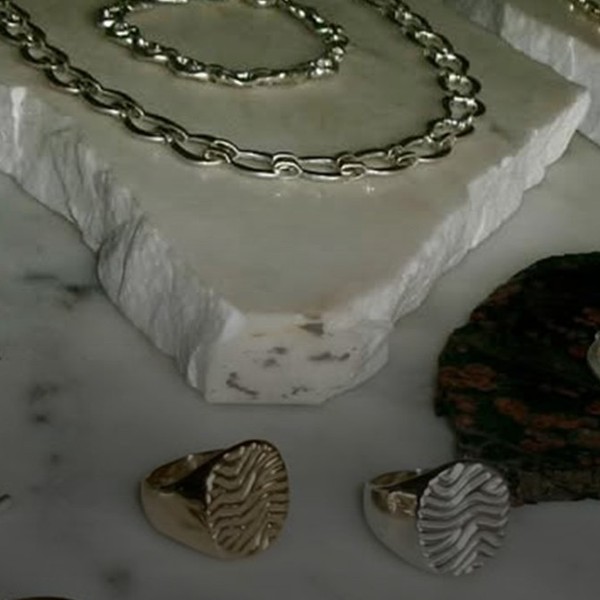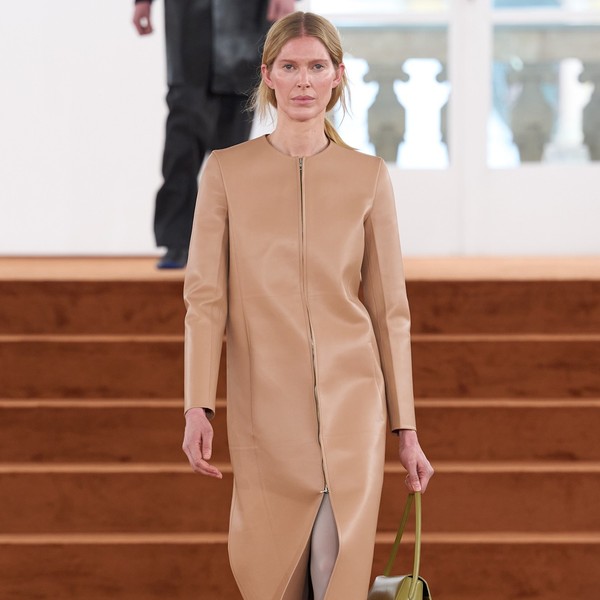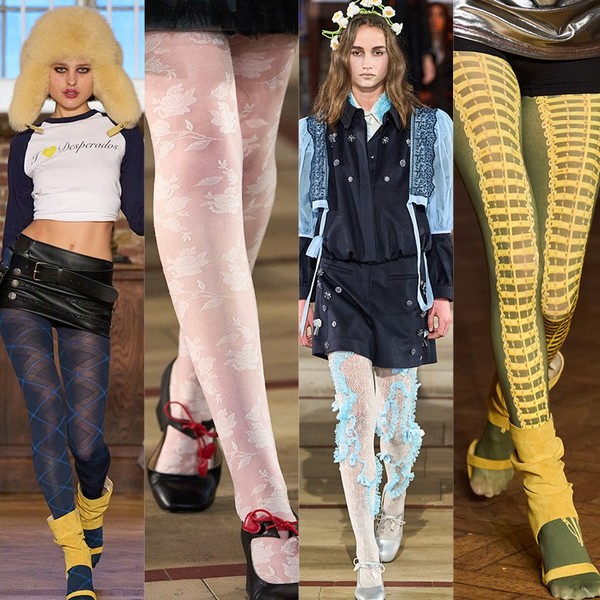Christina Grasso Wants to Create an Open Dialogue Around Eating Disorders
The writer and co-founder of The Chain discusses her beauty evolution and the importance of community.
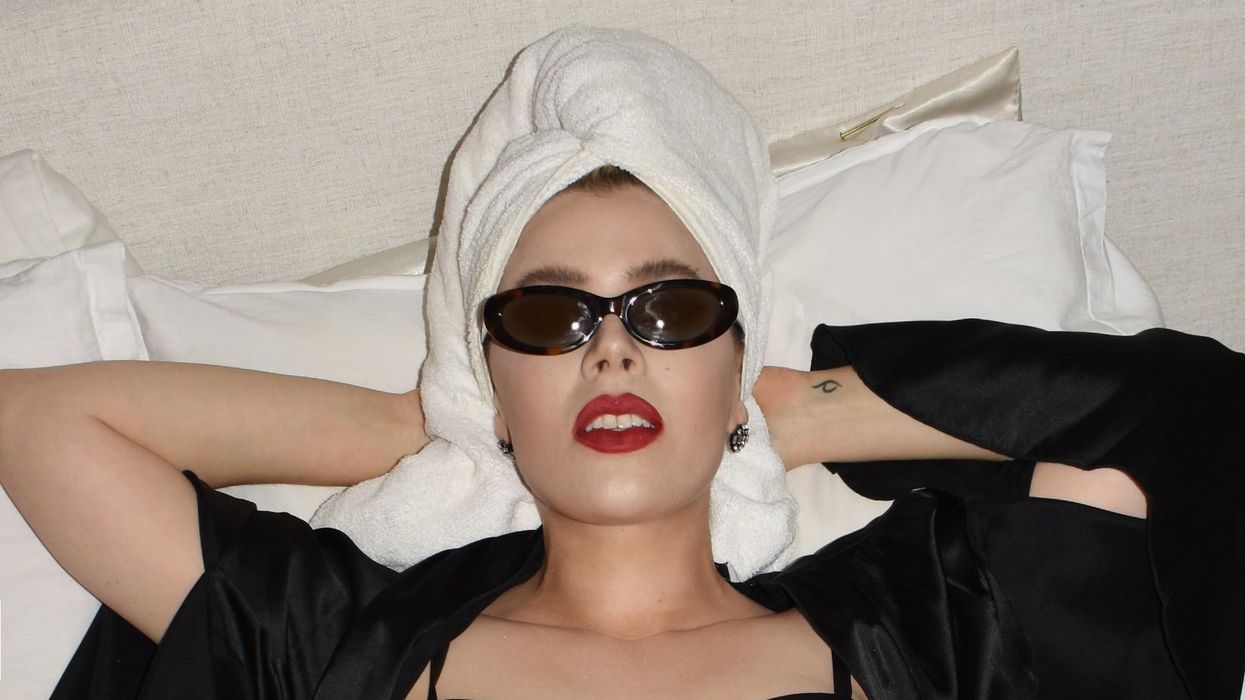
Welcome to On Beauty, a series where we take a deep-dive look into one person's relationship to beauty, how that relationship has transformed over the years, and how they experience being seen. This week, we're talking to Christina Grasso, writer, mental health advocate, and co-founder of The Chain: a nonprofit support network for women in fashion, media, and entertainment coping with eating disorders. Below, in her own words, Grasso unpacks her earliest beauty memories, the importance of creating an open dialogue around eating disorders, and more.
Moving to New York after college allowed me to come into my own and embrace a more undone sense of beauty. I grew up in a small town where there was a very narrow idea of what beauty meant. It’s very refreshing to now live in a place where people feel free to do whatever [they want] and are celebrated for it rather than trying to conform to this very tight cookie-cutter image, which is frankly so boring to me now.
I'm lucky in that for as much as it fascinates me, there wasn't a whole lot of value placed on physical appearance from my family. They were more interested in me being a good person, which I am grateful for. That gave me a good perspective and balance recognizing what really matters.
However, I spent years wishing for a nose job. I inherited a stronger nose from the Italian side of my family and a smaller, straighter nose seemed far more appealing. Only in the past couple of years have I grown to love it—I have my grandpa’s nose, and we were very close. Although he’s no longer alive, it makes me feel like I always have a piece of him with me. I find Roman noses so regal now, like little sculptures on a face.
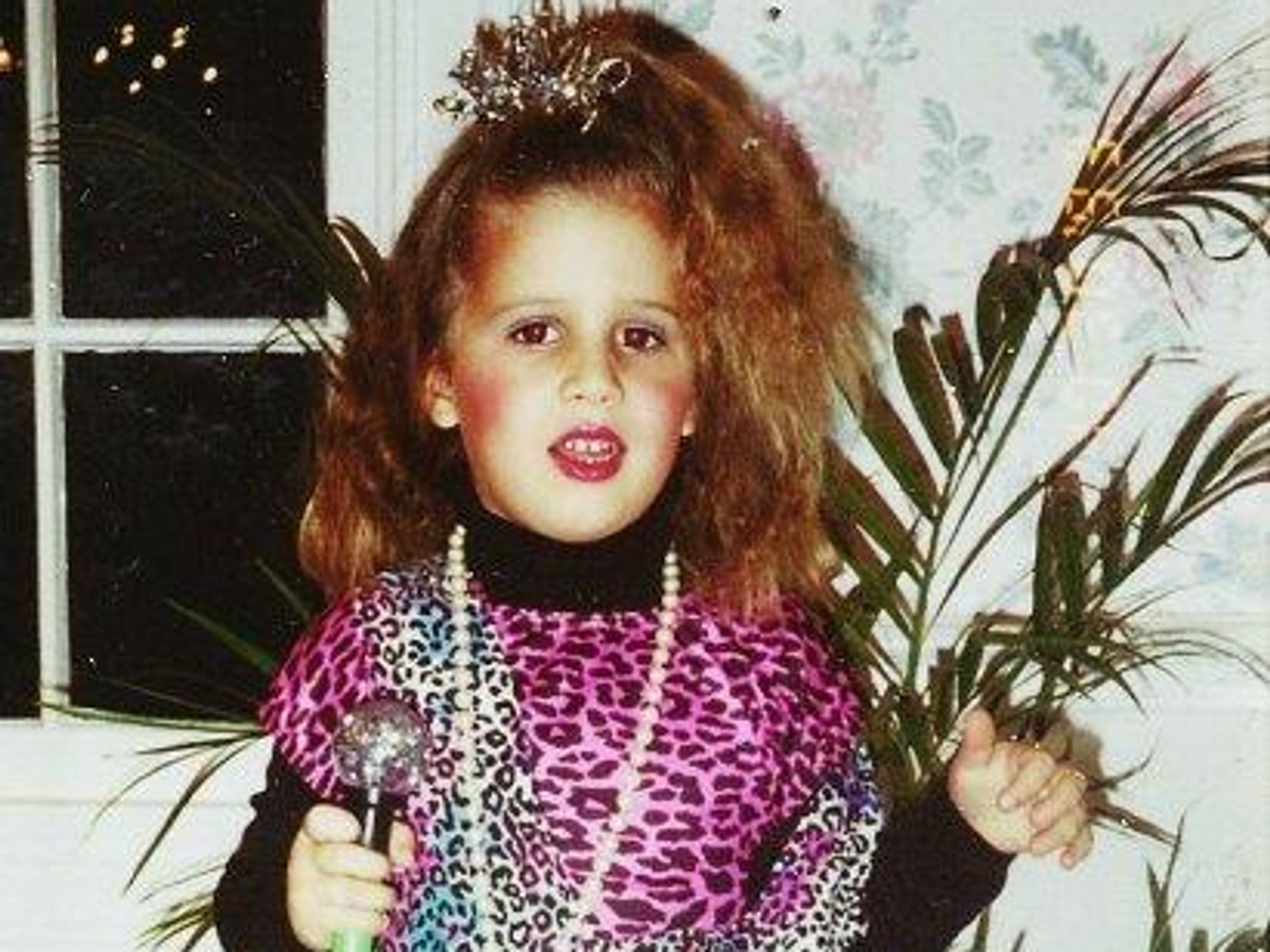
Christina Grasso as a child.
Photos: Courtesy of Christina Grasso

Photos: Courtesy of Christina Grasso
I have a background in art history and have always felt especially drawn to Greek and Roman statues. They’re soft yet so powerful. I find it fascinating that what was considered to be an ideal form during that time is now a body type that many women, including myself at points, have rejected as “too voluptuous.” Surely the influence of growing up during a time in which ultra thinness was revered.
Body image work has been a significant, and very challenging, aspect of my recovery and the realization that beauty ideals are so fluid has been both profound and maddening. Bodies are not a trend, and beauty transcends definition, but it can be empowering to think that the very things we consider flaws may have been carved into marble at some point in time and celebrated as art. Whatever we might dislike about our appearance, there’s someone somewhere who finds it beautiful. Of course, true self-acceptance cannot be fostered by others’ perceptions, but it’s helpful to recognize that beauty and beauty ideals can be a matter of personal perspective. And if a culture’s definition of beauty can completely shift over time, then we surely can repair a fractured perception of ourselves in this context.
Stevie Nicks has long been my personal hero for various reasons. I remember reading about how challenging it was for her at points in her career to navigate her addiction and recovery in the music space. I learned that during a time where I was really questioning whether or not I could continue my career in fashion and manage my own recovery from an eating disorder. So Stevie was my reference for believing that I could indeed do both.
Eating disorders are such a prevalent issue, especially in this industry. I longed for there to be some sort of open dialogue among those who cope with it. A couple years down the road, I connected with Ruthie Friedlander after she had written a piece about her recovery in InStyle and we formed an instant bond. We didn't really know anyone else in the industry who was openly talking about it, so we put our heads together to create something that would serve as a resource [for those going through the same thing]. More than anything, we wanted there to be a dialogue. So we founded The Chain, [a New York-based nonprofit], about five years ago now. The name is an homage to Stevie.
Photos: Courtesy of Christina Grasso

There's usually blame placed on fashion and beauty, but fashion doesn't cause eating disorders. It obviously complicates them, but I think boiling it down to strictly a body image issue is an error. For so many people it's about trauma or comorbid mental disorders, and it has nothing to do with being thin. The industry has made some strides in terms of body diversity, but there's a long way to go especially in terms of size inclusion, extended sizing, and the entire topic of eating disorders. I don’t think that fashion is even ready to have that conversation, but Ruthie and I are trying.
I always say we are each responsible for our own triggers. I believe that because I think they are often individual and unavoidable in this world. However, that doesn't absolve us from the responsibility to avoid doing harm. With social media in particular, there's a lot of concerning things like influencers pushing diets or cleanses rebranded as “wellness.” I am hyperaware of this stuff, but some of the things I see still astound me.
[One of the best things to come out of being in this advocate role] is how it's allowed me to form deep connections with people I wouldn't have otherwise ever known. Mental health is something that touches all of us on some level, even though it's rarely spoken about candidly. This topic is still not a comfortable one for me at all, but I will keep talking about it because I want to live to see a day where someone talking about mental health is not considered brave. I am dedicated to working toward that being a more normal part of everyday conversation.
If you or someone you know struggles with an eating disorder, please visit The Chain’s vetted list of organizations that offer resources and support, including the Crisis Text Line, National Eating Disorder Association, and Project HEAL.

